May 7, 2024 | 05:22 GMT +7
May 7, 2024 | 05:22 GMT +7
Hotline: 0913.378.918
May 7, 2024 | 05:22 GMT +7
Hotline: 0913.378.918
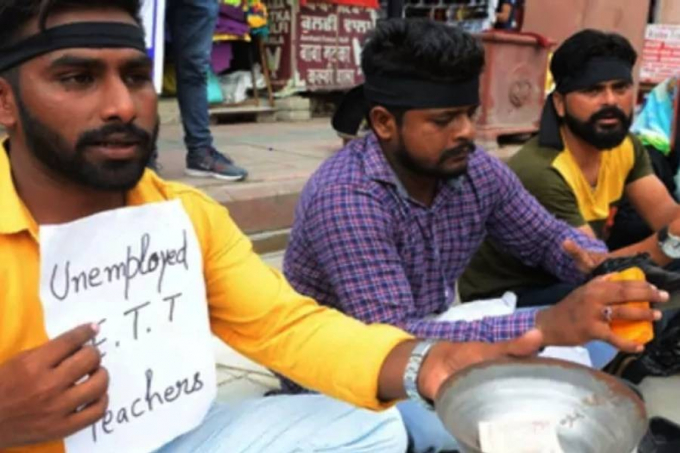
File photo used for representational purpose only. Source: thefinancialexpress.com.bd
Massive drops in working hours due to the Covid-19 crisis have had a devastating effect on jobs and incomes in Asia and the Pacific according to a new report by the International Labour Organization (ILO).
"Asia–Pacific Employment and Social Outlook 2020: Navigating the crisis towards a human-centred future of work" estimates that the economic backlash of the Covid-19 pandemic wiped out some 81 million jobs in 2020. In nearly all economies with available quarterly data for 2020, employment levels contracted compared to 2019.
The impact of the crisis has been far-reaching, with underemployment surging as millions of workers are asked to work reduced hours or no hours at all. Overall, working hours in Asia and the Pacific decreased by an estimated 15.2 per cent in the second quarter and by 10.7 per cent in the third quarter of 2020, relative to pre-crisis levels.
Working-hour losses are also influenced by the millions of persons moving outside the labour force or into unemployment as job creation in the region collapsed. Using available quarterly data, the report provides a preliminary estimate that the regional unemployment rate could increase from 4.4 per cent in 2019 to somewhere between 5.2 per cent and 5.7 per cent in 2020.
“Covid-19 has inflicted a hammer-blow on the region’s labour markets, one that few governments in the region stood ready to handle. Low levels of social security coverage and limited institutional capacity in many countries have made it difficult to help enterprises and workers back on their feet, a situation compounded when large numbers remain in the informal economy. These pre-crisis weaknesses have left far too many exposed to the pain of economic insecurity when the pandemic hit and inflicted its toll on working hours and jobs,” said Ms Chihoko Asada Miyakawa, ILO Assistant Director General and Regional Director for Asia and the Pacific.
Women and young people are disproportionately hit
According to the report, most countries in the region saw a larger decline in working hours and employment for women than men. Also, women were more likely to move into inactivity than men. Young people have also been especially affected by working-hour and job losses. The youth share in overall employment loss was 3 to 18 times higher than their share in total employment.
“The report shows a clear picture of young people and women being pushed out of work compared to other workers,” says Ms Sara Elder, Senior Economist at the ILO Regional Office for Asia and the Pacific and lead author of the report. “With increased unemployment, young workers are likely to find it difficult to compete for new jobs. When they do find work, it may well be a job that does not match to their aspirations. Millions of women have also paid a high price and it could take years for those who have exited the labour force to return to full employment.”
Labour income as another crisis victim
With fewer paid hours of work, median incomes are falling. Overall, labour income is estimated to have fallen by as much as 10 per cent in the Asia–Pacific region in the first three quarters of 2020, equivalent to a 3 per cent loss in gross domestic product. A further consequence is the increase in working poverty levels. In absolute numbers, preliminary estimates in the report find an additional 22 million to 25 million persons could fall into working poverty, which would push the total number of working poor (living on less than $1.90 a day) in the Asia–Pacific region to between 94 and 98 million in 2020.
The report also warns that given the scope of the damage to labour markets, the overall size of the fiscal response in the region has been insufficient, especially in the region’s developing economies. As a result of fiscal expenditure gaps, the crisis is likely to exacerbate inequalities among countries in the Asia and the Pacific.
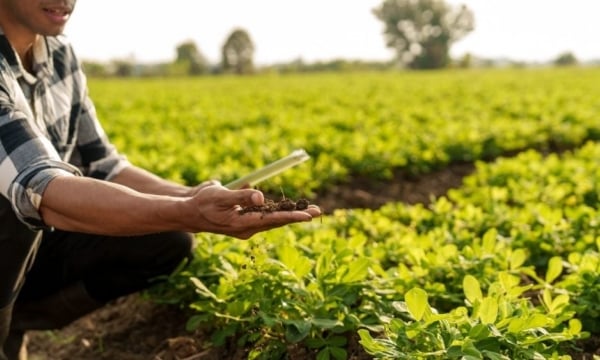
(VAN) ADM’s global regenerative agriculture program surpassed expectations in 2023, and as a result the global agribusiness company is raising its goal for enrolled acres in 2025.
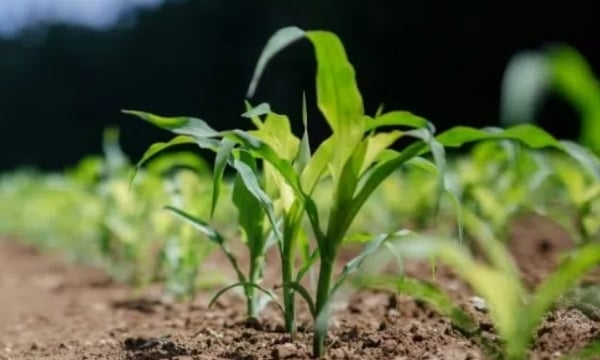
(VAN) Retail fertilizer prices tracked by DTN for the fourth week of April 2024 continued to be slightly higher. Seven of the eight major fertilizers are higher in price compared to a month.

(VAN) Competition over this menu item is serious, with millions of dollars in profits at stake in any given week.
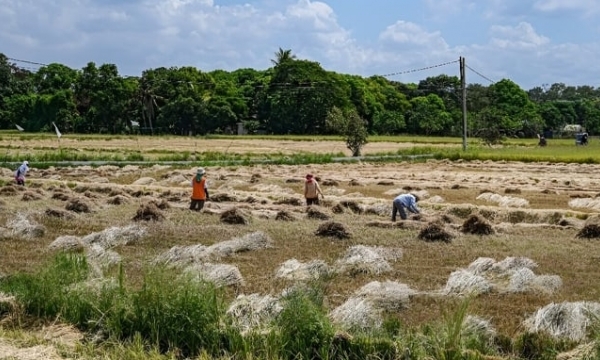
(VAN) A Philippine court has blocked the commercial propagation of genetically modified golden rice because it said conflicting scientific views gave rise to 'severe' health and environmental safety concerns.

(VAN) After more than a decade of discussion, the Food and Drug Administration has published a final rule for certain agricultural water used in the production of produce.
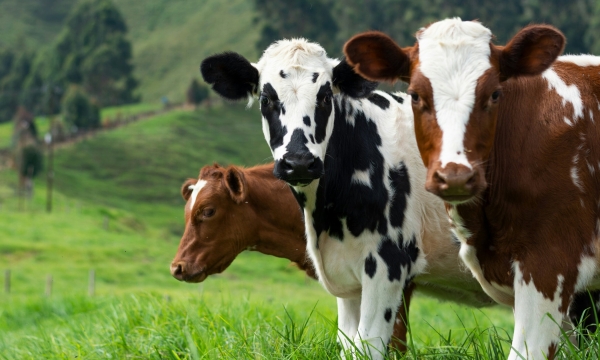
(VAN) Representatives with multiple agencies including the CDC, the United States Department of Agriculture and the Food and Drug Administration on May 1 discussed the latest news about bird flu in the U.S.
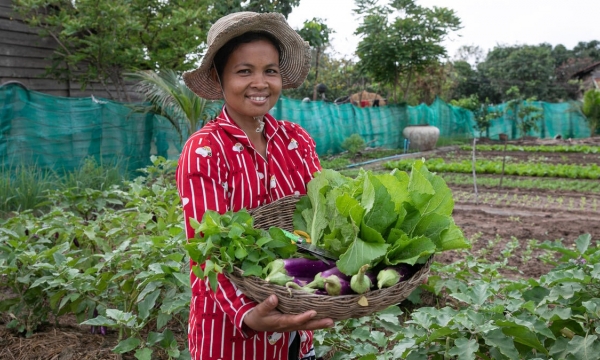
(VAN) Approved by the UN General Assembly, it will increase awareness of the crucial role women farmers play in agrifood systems.